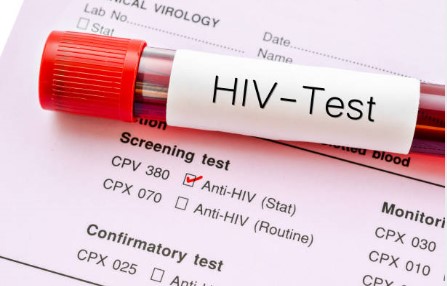What We Do
Health Care
Our global health programs focus on three core strategies:

Preventing Child and Maternal Deaths
According to reports by USAID, 5.9 million children and 330,000 women die every year from preventable causes. Through family planning, nutrition, malaria and mother-and-child health programs, International Basic Aid is committed to preventing mother-and-child deaths in countries with the biggest gaps in women and child healthcare. Combined, these countries contribute to two-thirds of maternal and child deaths worldwide.
Reducing New HIV Infections
International Basic Aid seeks to position itself at the forefront of the HIV crisis. Our aim is to support country-led initiatives and apply science, technology and innovation to encourage sustainable implementation and cost-effective HIV/AIDS interventions. According to reports by UNAIDS, as of 2017, 36.9 million people worldwide were living with HIV/AIDS. Out of those diagnosed, 1.8 million were children below the age of 15. With the help of lifesaving antiretroviral drugs, many people living with HIV/AIDS can live longer without infecting their HIV-negative partners. International Basic Aid will make HIV testing and counselling available in semi-rural and rural areas by training healthcare workers to deliver HIV and other health services to areas where HIV awareness still falls behind.


Combating Infectious Disease
Humanity is threatened by a variety of infectious diseases. International Basic Aid strives to be at the forefront of saving lives by fighting these infectious diseases. Our focus is on building programs that strengthen health systems in developing countries and build better capacities to mitigate disease transmission and outbreak. While the prevalence of many infectious diseases has reduced significantly, there is still more work to be done, especially in rural and semi-rural sections of developing countries. We aim to create awareness and treat infectious diseases to ensure they are controlled before they become epidemics.




 by
by